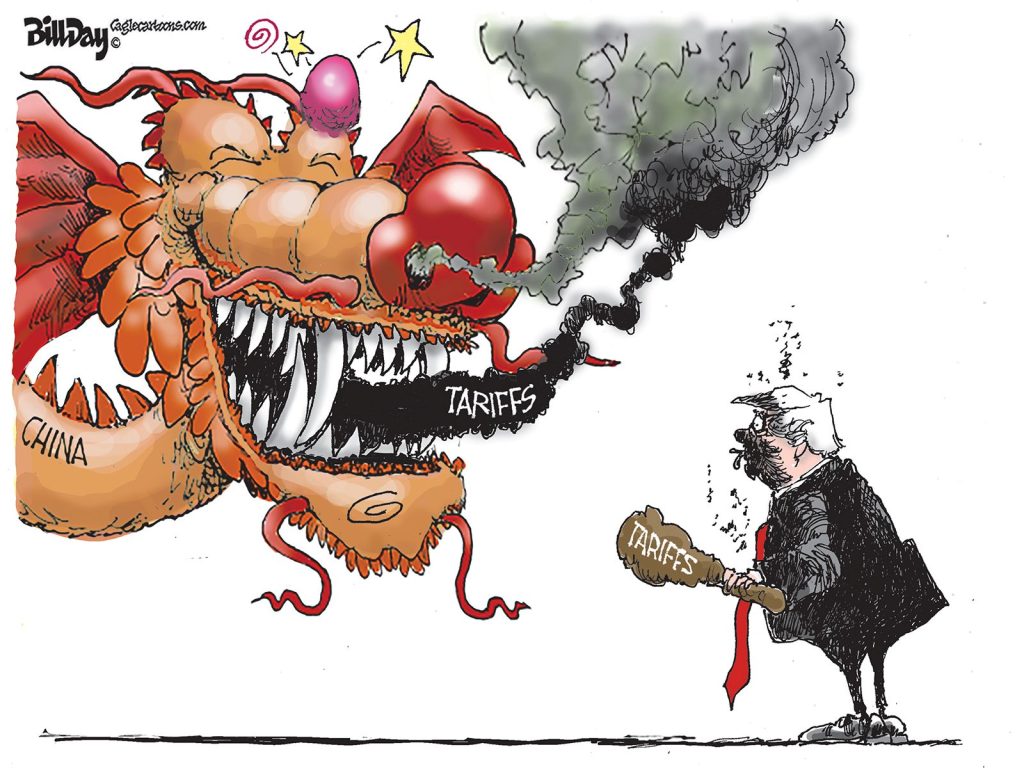The lack of curiosity by local government legislative bodies is staggering.
This blog’s last post pointed out the questions that never get asked because CFOs talk about bond ratings with thick financial jargon and arcane explanations, shutting down follow-ups that could illuminate the bond rating process.
We can’t blame this entirely on CFOs because they are regularly repeating bond rating agencies which operate much like priests in the medieval age: only they can tell us what the sacred Wall Street texts mean and how mere mortals should be intimidated from asking them too much because it simply is beyond our understanding.
It was reported Tuesday that a bond rating agency is rattling its sabers about lowering the City of Memphis bond rating and calling for increasing fund reserves. It’s worth always remembering that the bond agencies’ concerns are about Memphis having the tax flexibility to pay interest to investors, not about whether city government’s service delivery or whether it is providing the quality that in turn improves the tax base.
No Questions Asked
For many years, Memphis and Shelby County Governments have been treated favorably by rating agencies because it has the power to raise taxes at any time if there truly is the need to raise revenues.
After all, when Memphis Mayor Willie W. Herenton was mayor, city government’s fund balance was completely depleted and despite bond rating agencies’ hysterics, it did not blow up the bond rating. Conversely, the agencies were not panicked when Shelby County Government moved to the edge of bankruptcy after issuing debt to pay for sprawl.
But this isn’t the most striking example of legislators’ lack of curiosity.
First and foremost is the fact that City of Memphis was facing a crisis in its finances – largely to the tendency of the previous mayors to push out the tough decisions and the troubling realities into the lap of the new mayor – while strangely, there was never a discussion on reforming the PILOT program which prevents $80 million a year from being deposited into city and county coffers.
Strangely Silent
It’s not like this is anything new. It is nothing short of incredible that reform of the PILOT program is treated as the third rail of local politics. Legislators become mute and the beneficiaries of the government largesse reward politicians with praise and campaign contributions.
And it is taken to the point that legislators don’t even do the fundamentals, like asking for options of PILOTs that waive only 55% of property taxes rather than 75%, approve PILOTs on a declining scale like Philadelphia (100% first year, 90% second year, 80% third year, etc.).
It’s easy to forget watching the legislators’ determination to protect the tax incentives to large corporations and influential developers for large apartment complexes that it is the legislators who have the power from state law to reduce taxes but have delegated it to the various tax abatement boards in our community.
But it’s not just bond ratings, fund balances, and PILOT reform that fail to spark legislators’ inquisitiveness. There’s also hidden bonded indebtedness off the books that is held from city agencies.
For example, the City of Memphis debt is about $810 million but the debt hidden in other agencies is more than $1 billion. There’s the Center City Revenue Finance Corporation, Defense Depot Development Corporation, EDGE, TDZ, Airport Authority, Memphis Light, Gas & Water, Sports Authority, and others.
Taxes + Fees = Burden
Apparently, the attitude of legislators is out of sight, out of mind. They never ask about off-the-books debt and what amount of it is might be backed by city and county governments.
Meanwhile, legislators treat fees – as if city legislators did recently with a 100% increase, or $30, in city wheel taxes for passenger vehicles and a 40% increase, or $12, in solid waste fees – as if fees are isolated from the tax burden on Memphians.
The truth is that the property tax rate isn’t what matters most. It’s actually the tax burden – the total of all property taxes and fees.
Today, all the various City of Memphis fees are equivalent to more than 40 cents in the property tax rates. In other words, while the city property rate increased 49 cents, or 18.2%, to $3.20, it’s an incomplete measure for taxpayers, because the effective tax rate, the tax burden, is more than $3.60.
In the interest of complete transparency, it would be revolutionary – and praiseworthy – if City of Memphis would calculate the effective tax burden for Memphis taxpayers.
**
Join me at the Smart City Memphis Facebook page and on Instagram where these blog posts are published along with occasional articles, reports, and commentaries that are relevant to Memphis.



